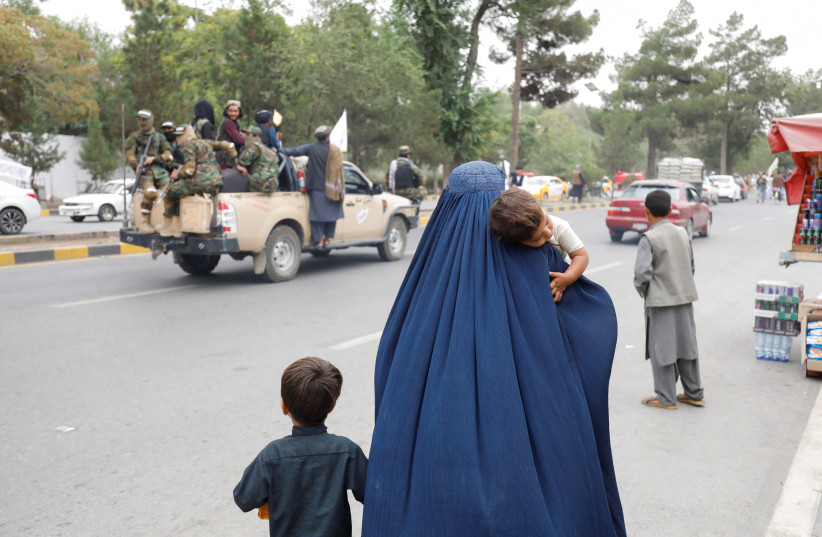A year has passed since the United States’ 21-year presence in Afghanistan came to a screeching halt. Spanning multiple administrations, a situation becoming more untenable, the writing was on the wall that the US would leave at some point.
What was not clear was how spectacularly detrimental the withdrawal by President Joe Biden would be. Afghanistan teeters on collapse, millions are without basic needs, and it all feels as if it did not have to be this way.
The US mission in Afghanistan was by no means perfect, but it is undeniable that the results of the withdrawal are horrifying. The Taliban promised they would protect advancements over the last 20 years, a notion that was always wrong to believe. Many argued it would take years for the Taliban to take on the Afghan government. It ultimately fell in days. By the Taliban’s admission, they never expected to rule so quickly.
From a strategic standpoint, billions of dollars of military equipment fell into terrorist hands. After decades of fighting the Taliban, they rode into Kabul on US humvees. The Taliban seized a massive arsenal that rivals well-off nations. Afghanistan has returned to being a haven for terrorist groups. Last month, the US eliminated Ayman al-Zawahiri, the al-Qaeda leader who was staying in Kabul.
The Taliban have pushed for a return to pre-US draconian rule for everyday civilians. Under US assistance, millions of girls attended school and had real chances for societal progress. Instead, the Taliban have slashed those dreams, blocking women from education and the workforce. At its peak, women made up 40% of Afghanistan’s students; now, that figure is at best in the single digits.

Terrorists make for bad governors
We have learned from groups such as Hamas and Hezbollah that terrorist organizations do not have fundamental governing capabilities once they obtain control; the Taliban are no different. The United Nations estimates that 97% of Afghans fall below the global poverty line, with more than 50% of the population under the age of 15. This terrorist regime is driving the nation toward destruction through a combination of incompetence and global sanctions.
Many of the regime’s ministers are internationally wanted criminals, barring the government from accessing aid or basic banking. This is especially important since about 75% of Afghanistan’s budget was foreign assistance. More than $600 million in healthcare-specific aid alone is no longer reaching Afghanistan due to Taliban power.
International organizations, governments and institutions have cut off aid until they figure out how the money can reach the people, not the Taliban. UNICEF believes more than a million children in Afghanistan could die of malnourishment this year.
Now the Taliban have given zero reasons to believe that a dime of assistance would go to the people. Hundreds of people were killed or forcibly disappeared within the first few months of the government collapse. Allies of Western forces in Afghanistan have been targeted repeatedly.
The worst part is none of this had to play out this way. Save me the argument that President Biden was carrying out a previous agreement; he is the one who decided to leave all at once with no stopgaps. The footage of people forfeiting their children and hanging on to planes out of desperation is on him and his administration. President Biden decided that the pain and suffering to come next was an acceptable price to say he was the president who left Afghanistan.
Afghanistan is spiraling toward the way the global community found it at the beginning of the millennium. With this result, there is no good answer for what was accomplished with all the blood and treasure lost.
I am not advocating for another 20 years in Afghanistan, but I refuse to concede this was the destined outcome.
The world requires a beacon on a hill, and for the moment, it feels as if President Biden has decided that light should stop short of Afghanistan.
The writer is engagement chair for the Young Republicans National Federation, and is pursuing a master’s in public policy (environmental policy) at Arizona State University.
